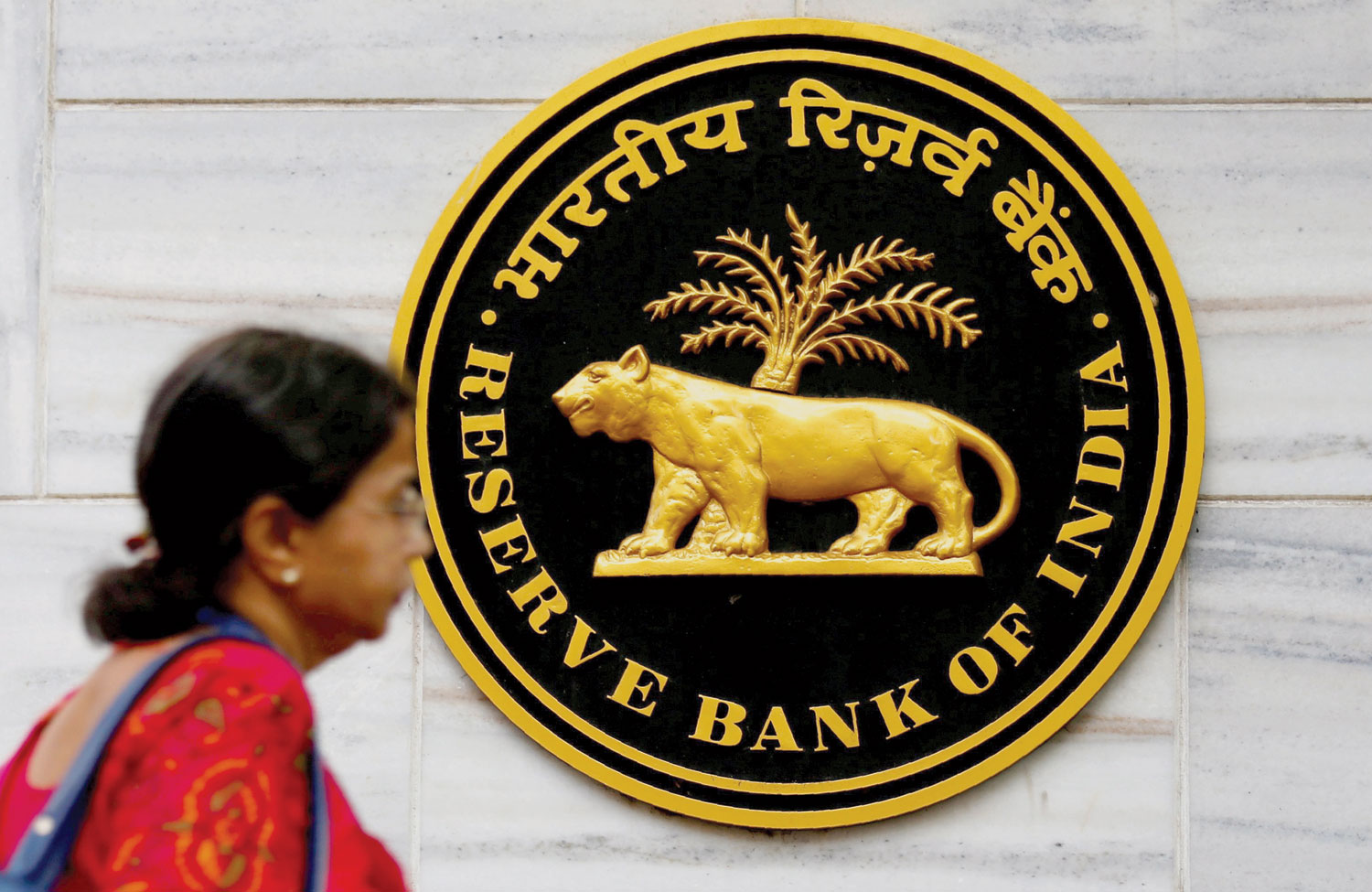

The Reserve Bank of India’s surprise decision to cut interest rates for the first time in 18 months is a pre-election stimulus gift from a compliant central bank for Prime Minister Narendra Modi.
But businesses and farmers — and even some of his own supporters — say it may be too little, too late to help the economy ahead of voting, which must be held by early May.
The quarter-point reduction in the benchmark repo rate follows intense pressure late last year on the RBI to listen to government and business concerns and ease monetary policy.
The threat to the central bank’s autonomy led to the departure in December of its governor, Urjit Patel, and his replacement by Shaktikanta Das, whose views were much more in line with the Modi administration.
There have been signs that Modi’s support has crumbled in parts of a countryside that supported his Hindu nationalist Bharatiya Janata Party (BJP) in the last election in 2014. Among the voters’ biggest concerns are the impact of low farm prices on rural incomes and whether there is enough job creation.
The rate cut will benefit Modi’s government as it will boost economic growth and lending to small businesses, according to Ashwani Mahajan, a leader of Rashtriya Swayamsevak Sangh, which is the fountainhead of the BJP.
But it still wasn’t enough, he said.
“The new governor has passed the litmus test, though with 50 per cent marks,” said Mahajan, co-convenor of the Swadeshi Jagran Manch, adding that the rate cut should have been at least half a percentage point.
Four of six members of the RBI’s monetary policy committee (MPC) voted to cut the rates, while all six members voted for a change in the monetary policy stance to “neutral” from “calibrated tightening”.
The RBI also eased bank lending restrictions for non-banking finance companies and raised the limit on “collateral free” farm loans in an attempt to boost lending to nearly 120 million rural households.
In recent weeks, it has also eased curbs on some state-owned bank lenders and is set to provide the government with a bigger dividend out of surplus central bank funds.
The BJP welcomed the decisions as they will help to dispel any perceptions that the government has not addressed credit issues facing businesses. Some of those issues worsened dramatically after the government suddenly banned the use of then existing high-denomination banknotes in 2016 and hastily introduced a new national sales tax in 2017.
The rate cut comes after the government introduced a budget last week that also provided stimulus for the economy, including handouts for farmers and modest tax cuts for the lower middle class.
Gopal Krishna Agarwal, the BJP’s spokesman on economic affairs, said the government had been asking the central bank to cut rates for some time.
“The decision would supplement government’s measures announced in the budget and will boost lending to farmers, housing and manufacturing sectors,” he said.
Despite all the lobbying that has been going on, the rate cut was still a surprise for financial markets. Most economists had expected rates to be left unchanged and then possibly cut at the next meeting in April. But the faster-than-expected move isn’t likely to help the economy much, they said.
“The rate cut is unlikely to give a major fillip to investments as capacity utilisation still remains low in the manufacturing sector,” said Devendra Kumar Pant, chief economist, India Ratings & Research, the arm of rating agency Fitch.
It could sow the seeds for inflation — especially when added to the fiscal stimulus in the budget — in the second half of the next financial year, which begins on April 1, he warned.
Mark Williams, Chief Asia Economist of Capital Economics in London, said there was a growing perception that the central bank had allowed its focus on controlling inflation to slip, and therefore higher inflation and higher interest rates were likely over the long term.
Some economists also felt that there was a danger that a largely independent central bank could come under government pressure — providing too much stimulus for the economy after last week’s budget handouts. — Reuters
Manoj Kumar
Oman Observer is now on the WhatsApp channel. Click here



